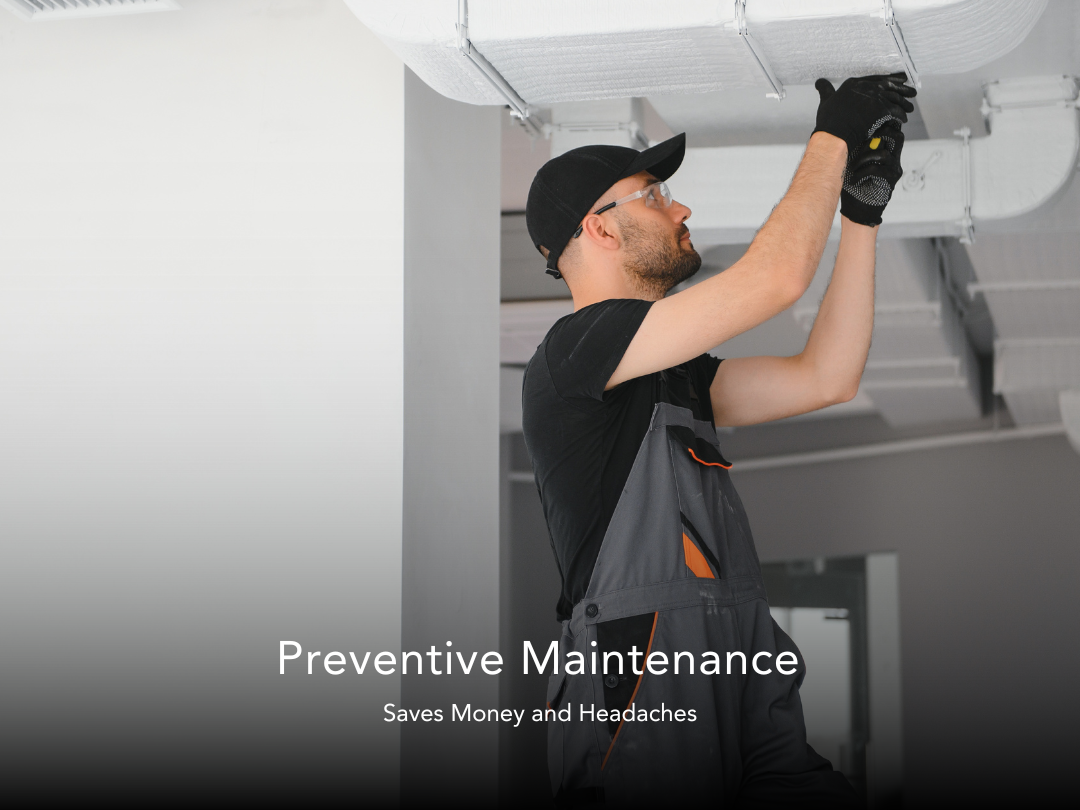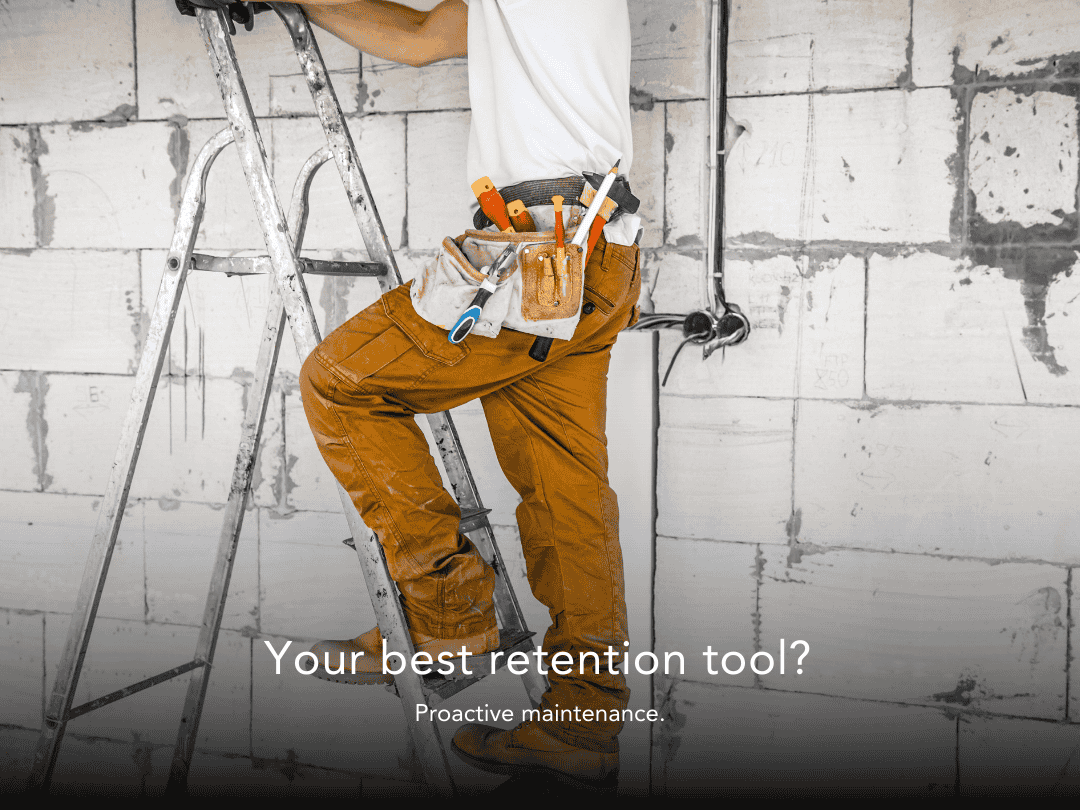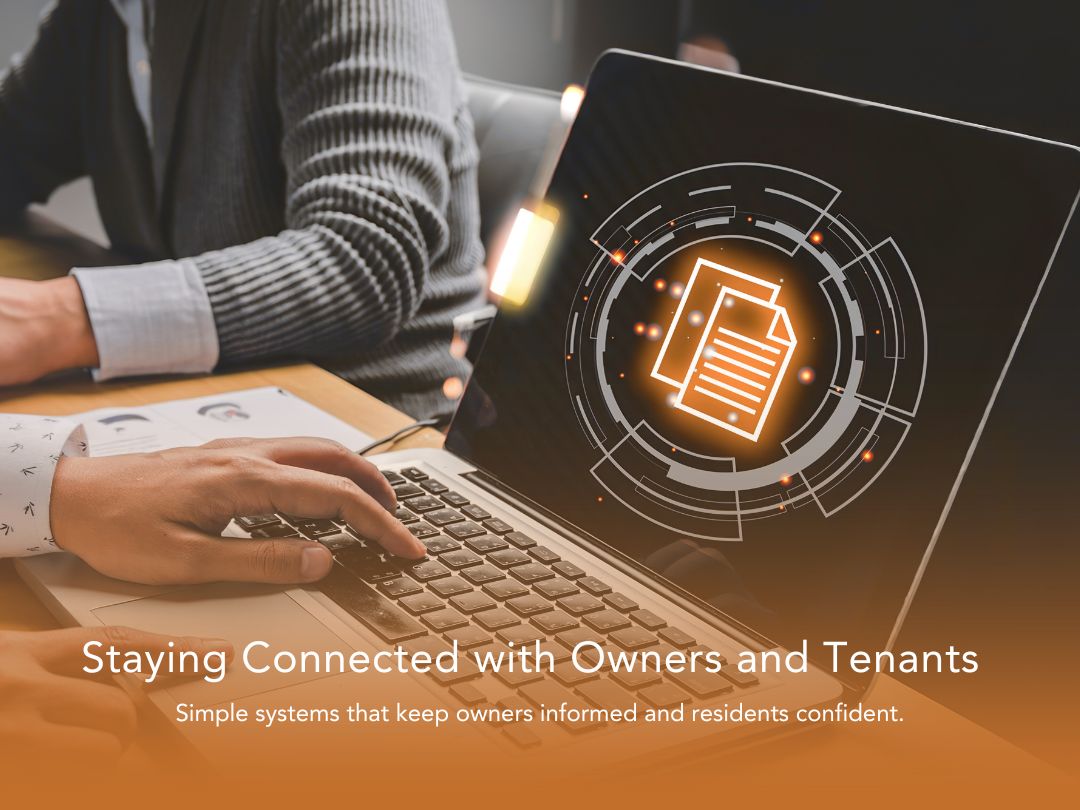Locate your circuit breaker panel: The circuit breaker panel is usually located in a utility room, basement, or garage. It is a gray or beige metal box with a door that swings open.
Check for tripped breakers: Look for any circuit breakers that are in the "off" or middle position. This indicates that the breaker has tripped and needs to be reset.
Identify which breaker has tripped: Each breaker controls a different section of your home's electrical system. Identify which area of your home has lost power, and then look for the corresponding breaker in the circuit breaker panel.
Turn off the breaker: Before resetting a tripped breaker, turn it off by pushing it all the way to the "off" position. This will allow you to reset the breaker safely.
Reset the breaker: To reset the breaker, simply push it back to the "on" position. You should feel some resistance when you push the breaker past the middle position, which indicates that it has been reset.
Test the power: Once you have reset the breaker, check to make sure that power has been restored to the area of your home that was affected.
It is important to note that if a circuit breaker continues to trip after being reset, it may be a sign of an underlying electrical problem. If this is the case, please let us know and we will send a licensed technician.
Technology is part of every aspect that touches our everyday lives. There’s no escaping it; we all have mobile phones and computers and a wide range of electronic devices that are pretty intuitive to what we need and want.
Stop surprise repairs with a simple, seasonal plan. Set clear response times, log fixes, and keep small issues from growing and repair budget steady.
When managing rental properties, efficient property maintenance is key to providing a positive experience for landlords and tenants. Timely and effective repairs not only keep the property in top condition and contribute to tenant satisfaction and retention.
Winter brings a predictable dip in renter activity, but it does not have to sink results. Here is how to navigate the season, sharpen marketing, and use incentives wisely.
Communication is the backbone of property management. Owners want clarity on performance and cash flow. Residents want quick answers and visible progress on requests. The right mix of tools and habits turns communication from a pain point into an advantage.
Busy days calm down when the right tools do the heavy lifting. Here’s how our stack speeds leasing, maintenance, payments, and reporting without adding noise.
Property management is an economic engine in Boise. From steady housing supply to vendor jobs and safer, well-kept neighborhoods, the ripple effects touch residents, owners, and local businesses.
The right software won’t run your business for you, but it will clear roadblocks: rent gets paid on time, work orders stop slipping, and your books match reality. Here’s a straightforward way to evaluate options if you manage rentals in Boise and the Treasure Valley.
Dive into the future of property management in Boise, Idaho, and discover how technology is reshaping the industry. Learn how to leverage the latest trends to future-proof your business, improve tenant satisfaction, and stay ahead of the competition.
A year-round approach to pricing, amenities, maintenance, and communication that reduces vacancy and grows resident satisfaction.
Boise’s seasons change—your playbook can stay simple. Prep the property, plan your leasing moves, and communicate clearly with residents. Use this quick guide to keep cash flow steady from winter to fall.
Learn key factors to consider when choosing a property management company, from reputation and communication to legal compliance and technology integration.













